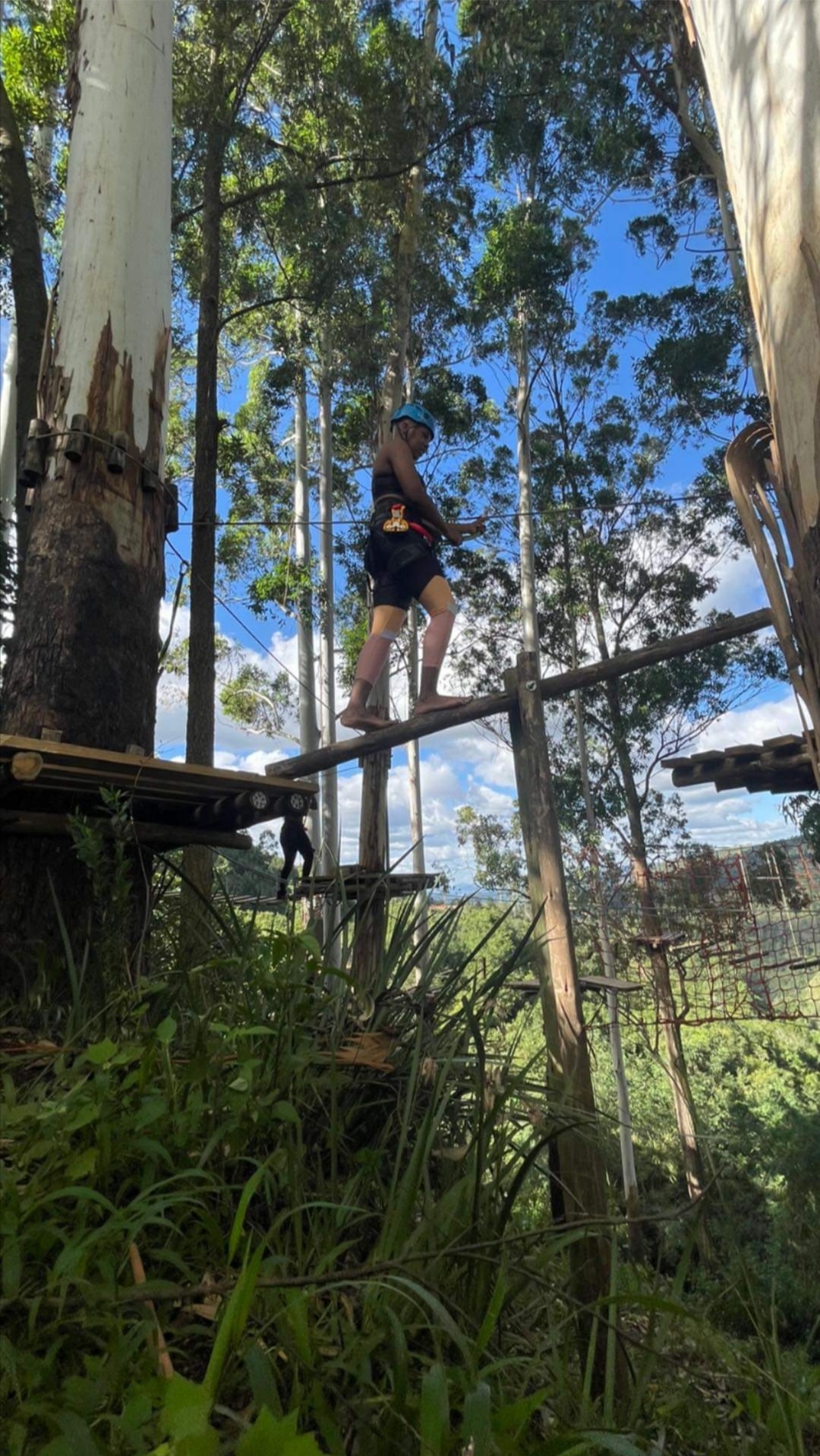THE HARDEST THING YOU NEED TO DO TO BE HAPPY
Àngel Chernoff

As human beings, the stories we subconsciously tell ourselves about our circumstances, about others, and about life in general drastically change how we feel. If the stories are positive, we tend to feel good. If the stories are negative, we tend to lose hope.
Of course, there’s more to feeling good than just thinking positive. The details of your present reality matter and make a difference, but generally speaking, you’re not going to have a good day today if you’re hell-bent on telling yourself otherwise.
To a degree, you know this already, right? But there’s more…
The stories we tell ourselves don’t just change how we feel – they actually change what we see, what we experience, and what we know to be true. This is one of the primary reasons multiple people can go through the same experience but interpret it differently. Each of us may enter a shared experience with a different story echoing through our mind, and our unique story – our inner dialog – alters the way we feel every step of the way, and so each of us exits this shared experience with a slightly different feeling about what just happened. And sometimes that slight difference makes all the difference in the world.
If we want to get on the same page with one another, and garner a better understanding of reality, and feel a lot happier, we have to do a little work.
The key is to remember that perspective is everything!
In a way, the stories we tell ourselves narrow our perspective. When we enter an experience with a story about how life is, that tends to be all we see. This phenomenon reminds me of an old parable in which a group of blind men touch an elephant for the very first time to learn what it’s like. Each one of them feels a different part of the elephant, but only that one part, such as the leg, trunk, side, or tusk. Then the men eagerly compare notes and quickly learn that they are in complete disagreement about what an elephant looks like.
Something similar happens through our wide-ranging, different past experiences. Some of us have been deeply heartbroken. Some of us have lost our parents, siblings or children to accidents and illnesses. Some of us have dealt with infidelity. Some of us have been fired from jobs we relied on. Some of us have been discriminated against because of our gender or race. And when we enter a new experience that arouses prominent memories of our own painful story from the past, it shifts our perspective in the present – it narrows it.
When a negative past experience narrows our present perspective, it’s mostly just a defense mechanism. Every day of our lives we are presented with some level of uncertainty, and our innate human defense mechanisms don’t like this one bit. So our minds try to compensate by filling in the gaps of information by clinging to the stories we already feel comfortable with. We end up subconsciously trying to make better sense of everything in the present by using old stories and past experiences as fillers. And while this approach works sometimes, other times our old stories and past experiences are completely irrelevant to the present moment, so they end up hurting us far more than they help.
And since our old stories and past experiences now exist entirely in our minds, we have to change how we think about them. We have to think better about them, so we can ultimately live better going forward.
But, of course, that’s much easier said than done.
Thinking better takes guidance and practice.




